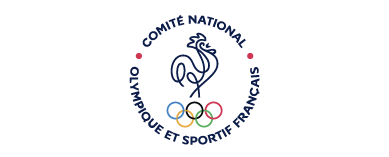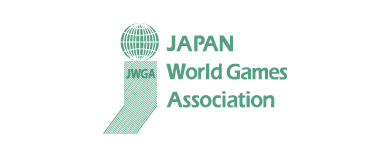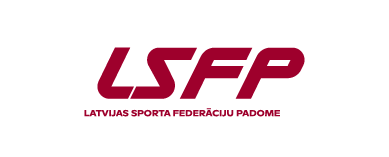The World Games 2017 are history. But what remains of the biggest multi-sport event in Polish history? The keywords for a host city like Wroclaw are legacy and sustainability. For the IWGA as organiser, it is about lessons learned for the next edition of the multi-sports event. This also applies to the organisers of the event in Birmingham in 2021, who looked over the shoulders of The World Games 2017 organisers with an observer team of 40 people.
And indeed, there is much more sustainability than just a beautiful memory of eleven great days in July a year ago. Sportcal's report for The World Games 2017, for example, tells that there was an estimated economic benefit of 23 million dollars for Wroclaw and its partner cities. The host city also benefited from the advertising value of media coverage in the online segment alone of 21.4 million dollars (according to a Meltwater report) and 10 million dollars through domestic media coverage. 400 TV hours transported pictures and the name Wroclaw all over the world. Awareness of the city increased by up to 51 per cent, according to the Sportcal report.
The sports infrastructure base in the city was expanded and modernised extensively for The World Games. The refurbishment of the swimming pool at ul. Wejherowska in Wrocław resulted in the construction of a 50-metre indoor swimming pool for water sports. Investment: 6.4 million dollars. A state-of-the-art roller skating rink was built in the Park Tysiąclecia (Millennium Park) complex, which is located near a large residential estate in Wrocław. Investment: 410,000 dollars. Each of the construction and facility-modernisation projects was carried out to make them widely available to Wrocław residents. The Olympic Stadium was also completely renovated for the Games, and now serves as a modern competition venue for popular competitions in Poland in speedway and American football. The work, costing 30 million Euros, was the first major renovation of the stadium in more than 50 years. The venue is on the city’s Heritage Conservation list.
In addition to all this, there is another new Wroclaw feature. The host country established the Polish Non-Olympic Committee (PNOC), and the committee is based in Wrocław. The main goal is to develop and promote non-Olympic disciplines as well as to prepare the Polish team for the next edition of The World Games in 2021. The medals won by the host team at The World Games 2017 ensured Poland its best result in the history of the event.
For The World Games, one of the most important building blocks for the future is the close cooperation with the Olympic Channel. Live pictures from The World Games were shown world-wide for the first time. The TV production in cooperation with Polsat and ISB, based in Spain, set standards that are also valid for the future. The IWGA Games Management System (IGMS), developed for The World Games 2017, will be expanded as a comprehensive database after its successful start and will serve as an information base for all stakeholders of The World Games in the future.
The evaluation report of The World Games 2017 will contribute to raising the already high standard of competition performance again in 2021. One of the points is improved information for viewers on site. The positive experiences of the member federations can also be promoted as a success.
The World Games 2017 are over, but the positive effects of the Games are far from over.
The World Games is a multi-sport event staged every four years by the International World Games Association under the patronage of the International Olympic Committee. The 11th edition of The World Games will be held in Birmingham, Alabama, USA, 15-25 July 2021. 3,600 athletes from over 30 sports and 100 countries will take part in the Games.




















